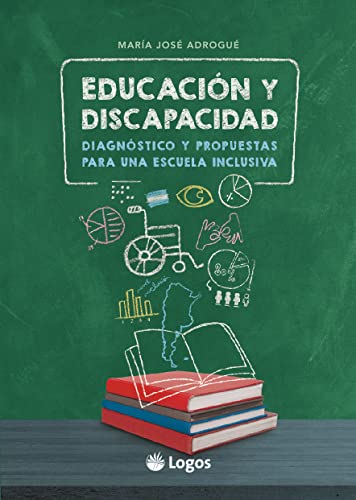
¿Cómo sabemos si los sistemas educativos están siendo inclusivos? ¿Más aún, cómo definimos inclusión educativa? ¿Y por qué hay tan poca investigación sobre la inclusión de los alumnos con discapacidad, y las políticas educativas que mejor la promueven? ¿Cómo se…

Estados Unidos es uno de los países con mayor productividad del mundo, y donde la cantidad de horas promedio de trabajo es de las más altas entre las naciones desarrolladas, de acuerdo con los índices de la Organización para la…

Las principales causas de la reducción de la población tienen que ver con la urbanización, el aumento de la productividad principalmente en el campo, en la producción de comida, ya que la agricultura era una de las principales demandantes de trabajo. El empoderamiento de la mujer, que como invariablemente muestran las estadísticas prefieren tener menos hijos. Estas fuerzas habían comenzado a reducir la población únicamente en los países más ricos, pero ahora empezamos a ver el impacto también en los menos desarrollados.

Este Día del Maestro no es uno más en la historia de la Educación Argentina. Nos encuentra en medio de una “catástrofe educativa”, con dimensiones tan inciertas como alarmantes.

Varios estados en México están desarrollando clústers con ayuda de los gobiernos locales y trabajo en conjunto entre el sector público y privado, como lo describe el reciente reporte de Southern Connection, “Innovation Clusters in Mexico and the Bridge to Silicon Valley,” realizado por el US-Mexico Foundation, the Bay Area Council Economic Institute, la Fundación Idea y Endeavor.

“No hay nada más poderoso que una idea a la que le ha llegado su tiempo” dijo Victor Hugo hace muchos años. Me pregunto si finalmente podremos aplicarla al uso de la tecnología en la educación. Internet permite que el…

El COVID-19 ha traído crisis y oportunidades en casi todos los sectores de los que se ocupa la política pública. Si bien ya hemos hablado en anteriores columnas acerca de los impactos que la pandemia tuvo, y aún tiene, en el empleo, resulta interesante centrarnos hoy en una nueva oportunidad que el teletrabajo les otorga a las diferentes ciudades del mundo.

América Latina y el Caribe está atravesando momentos de gran incertidumbre e inestabilidad. La llegada del COVID-19 profundizó desafíos conocidos por todos, como los altos niveles de pobreza extrema, el desempleo y la informalidad. Para dimensionar esta realidad alcanza con…

Hoy los países del mundo, a mayor o menor velocidad, están avanzando en la vacunación de sus ciudadanos minimizando así las consecuencias letales del virus. Más temprano que tarde el distanciamiento social ya no será una obligación y todos podremos…

Desde hace tiempo sabemos que productos como el IPhone, que tal vez estés usando para leer este artículo, reúne componentes hechos en 43 países; o que un auto de la marca Toyota ensambla más de 30 mil partes manufacturadas en…











